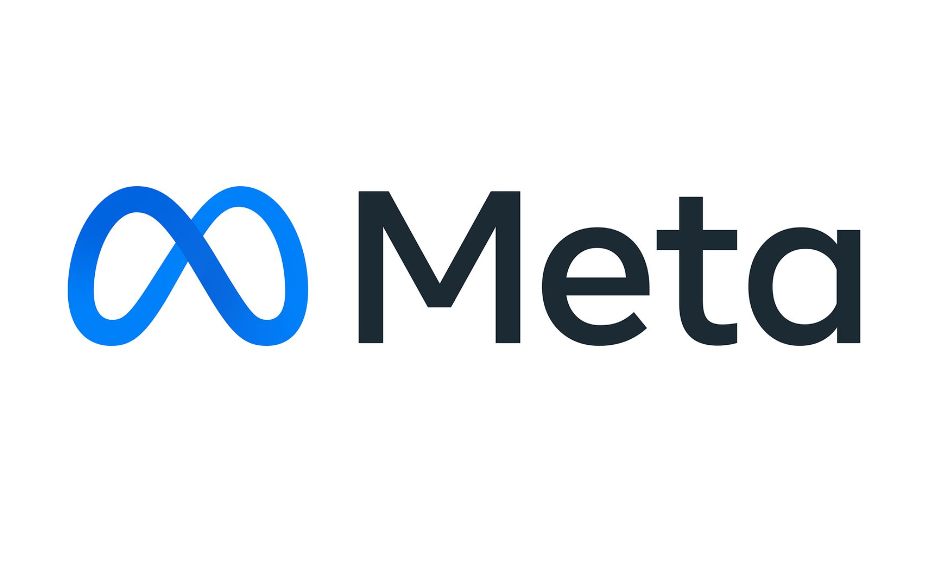Meta Automates 90% of Risk Assessments, Raising Concerns
Meta, the parent company of Facebook, Instagram, WhatsApp, and Threads, is making a significant shift in how it evaluates potential risks. The tech giant recently announced plans to automate up to 90% of its internal security and privacy reviews using artificial intelligence.
According to internal documents obtained by NPR, this change means AI systems will now handle most evaluations that previously required specialized human teams. These assessments cover critical areas including user privacy impacts, potential harm to minors, and the spread of misinformation.

Under the new system, product teams will complete detailed questionnaires about proposed updates. AI will then instantly analyze these submissions, identifying potential risks and setting conditions for project approval. Human review will only be required in specific cases - when projects introduce new risks or when teams explicitly request human involvement.
Faster Features vs. Potential Risks
The move promises faster feature releases for Meta's platforms. But it's drawing criticism from experts who question whether algorithms can adequately replace human judgment in complex risk assessment scenarios. "This essentially means more products going live faster with less regulatory review," said one former Meta executive who requested anonymity. "That inevitably increases risks."
Meta maintains that the change aims to "simplify decision-making" while preserving human oversight for novel or complex issues. Company statements emphasize that only "low-risk decisions" will be automated. However, internal documents reveal even sensitive areas like AI safety and youth protection will undergo automated assessments.
Regulatory Considerations
The timing raises important questions. Since 2012, Meta has operated under an FTC agreement requiring privacy reviews for product updates. The company claims it has invested over $8 billion in privacy programs and continues refining processes.
European users may experience different standards due to stricter regulations under the Digital Services Act. Internal communications indicate decisions regarding EU products will still be managed by Meta's Ireland headquarters rather than fully automated systems.
Could this automation lead to overlooked risks? Some current and former employees express concerns that AI might miss subtle but important issues that human reviewers would catch. One former staffer noted: "These reviews often uncover problems the company should take more seriously."
As Meta pushes forward with its AI-driven approach, the tech world watches closely. Will this gamble on automation pay off with faster innovation? Or could it backfire with unforeseen consequences?
Key Points
- Meta is automating 90% of risk assessments previously handled by human teams
- The AI system will evaluate privacy impacts, youth safety, and misinformation risks
- Experts warn reduced human oversight could increase platform risks
- European users may retain more human review due to stricter regulations
- The move comes despite Meta's ongoing FTC privacy agreement requirements